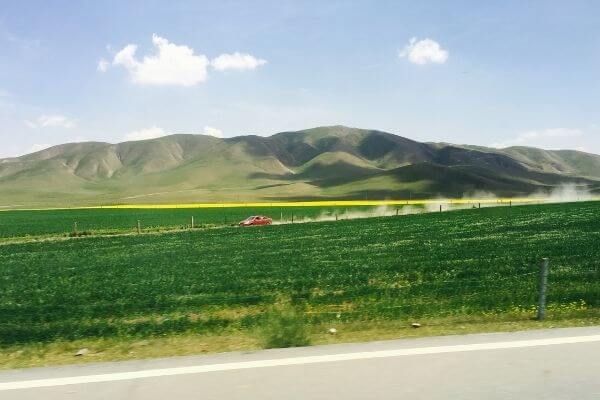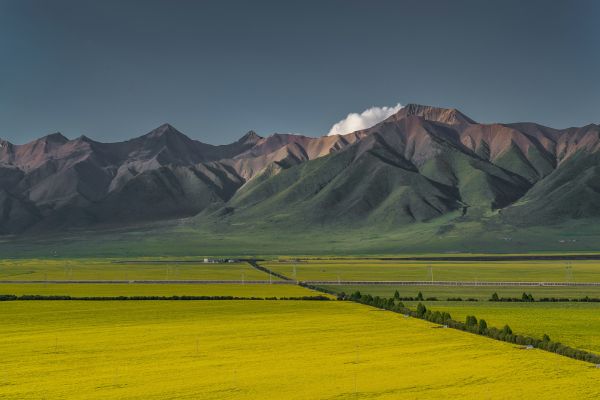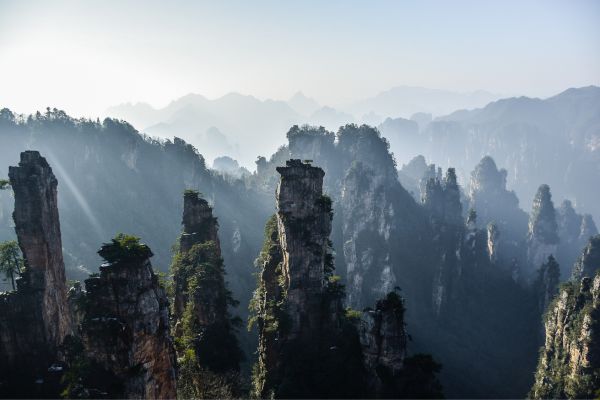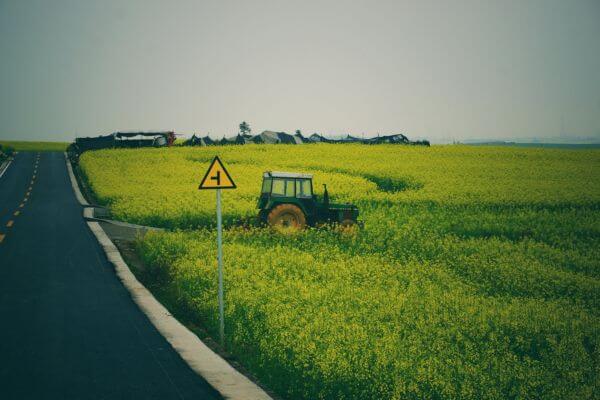
The Grassland Law was promulgated in 1985, and amended in 2002, 2009, 2013, and 2021 respectively. The latest revision entered into force on 29 Apr. 2021.
There are 75 articles in total. The Law aims to protect, develop and rationally utilize grasslands, improve the ecological environment, maintain biodiversity, and promote sustainable economic and social development.
The key points are as follows:
-
The grasslands are owned by the State, with the exception of the grasslands owned by collectives as provided for by law. With respect to the State-owned grasslands, the State Council shall exercise the right of such ownership on behalf of the State. No unit or individual may take illegal possession of, trade in or illegally transfer the grasslands in other forms.
-
The competent administrative authority for grasslands under the State Council or the people’s governments of provinces, autonomous regions and municipalities may, in accordance with the relevant regulations on the administration of nature reserves, set up grassland nature reserves in the following areas: (1) typical grasslands; (2) ranges of rare and endangered species of wild animals and plants; and (3) grasslands of important ecological functions and worthy of economic and scientific research.
-
The State practices the system of basing the number of livestock raised on the grass available and maintaining the balance between the yield of grass and the number of livestock raised. The people’s governments at various levels shall adopt effective measures to prevent the carrying capacity of grasslands from being exceeded and to prevent overgrazing.
-
Whoever engages in profit-making tourist activities on grasslands shall comply with the relevant plans for grassland protection, development and utilization, shall not infringe upon the legitimate rights and interests of the grassland owners, users and contractors for management of grasslands, and shall not damage grassland vegetation.
Cover Photo by Mighty Commander (https://unsplash.com/@mightycommander) on Unsplash
Contributors: CJO Staff Contributors Team









